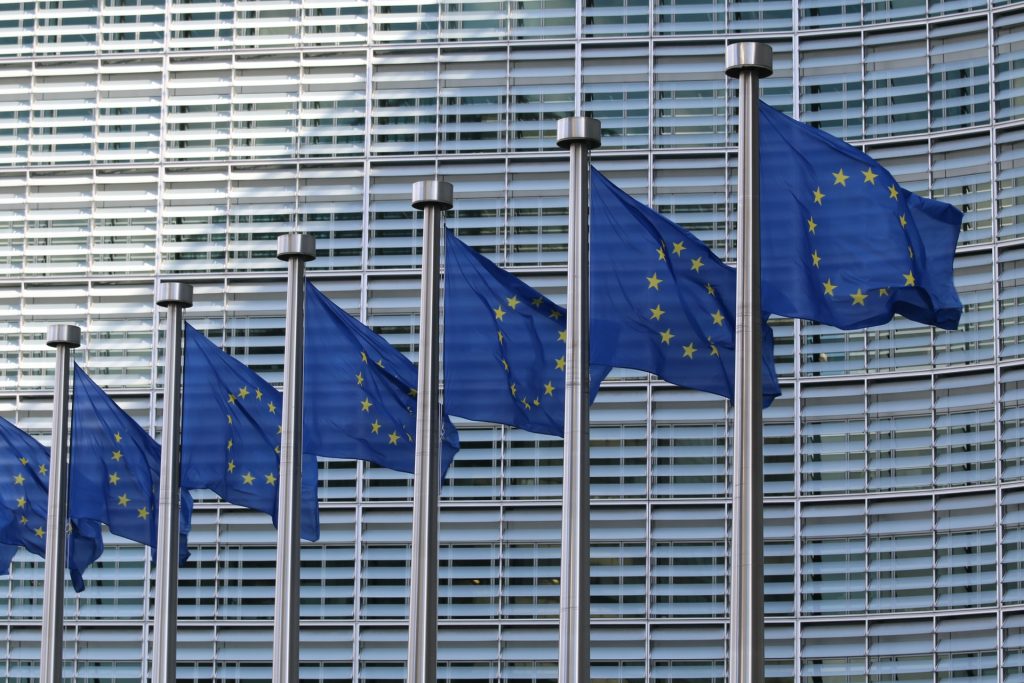News
EU vows ‘immediate, united’ response to Russia’s gas supply cut

BRUSSELS – The EU Commission chief on Wednesday pledged an “immediate, united, and coordinated” European response to Russia’s decision to cut gas supplies to Bulgaria and Poland.
“The era of Russian fossil fuel in Europe is coming to an end,” Ursula von der Leyen told reporters.
She called Gazprom’s announcement on Russia’s unilateral halt of gas deliveries to Bulgaria and Poland “another provocation from the Kremlin.”
The EU had prepared for such a move and will give an “immediate, united, and coordinated” answer to it, she said.
Bulgaria and Poland are already receiving gas from their EU neighbors due to the previous investments in strengthening gas infrastructure and interconnectivity between member states, von der Leyen explained.
She also pointed out that payment in rubles is a breach of EU sanctions according to the European Commission’s opinion because “about 97 percent of all contracts explicitly stipulate payments in euros or dollars.”
She said “companies with such contracts should not accede to the Russian demands” because “this would be a breach of the sanctions and high risk for them.”
Von der Leyen reassured that the Russian move will have “the least possible impact” on European consumers, promising that the European Commission and member states will intensify their work in the so-called regional groups to “mitigate any impacts on possible gas disruptions.”
She also said that they will continue to look for replacement options and the EU’s executive body will present its plans for accelerated green transition next month.
“The latest aggressive move from Russia is another very stark reminder that we need to work with reliable partners and build our energy independence,” she asserted.
Earlier Wednesday, Russian energy giant Gazprom announced that it had suspended gas deliveries to Bulgaria and Poland due to their refusal to pay in rubles.
The move came after Russian President Vladimir Putin said that “unfriendly countries” must now pay for gas supplies in rubles after they froze the Russian Central Bank currency assets over the Ukraine war, which began on Feb. 24.
Last month, the European Commission revealed a plan to reduce dependency on Russian energy and cut gas import by two-thirds by the end of this year by replacing it with other sources from East Africa and the US, as well as accelerating the transition to green energy.
The EU has allocated €1.5 billion (USD1.6 billion) in military support to Ukrainians and adopted five packages of sanctions since the beginning of the war.
The restrictive measures target individuals, including President Putin, Foreign Minister Sergey Lavrov, oligarchs, and military officers.
The EU has also banned the export of luxury goods and the imports of coal and excluded Russian and Belarusian banks from the SWIFT international banking system.
The bloc is currently preparing the sixth set of restrictive measures amid growing pressure to ban Russian energy imports. (Anadolu)





















